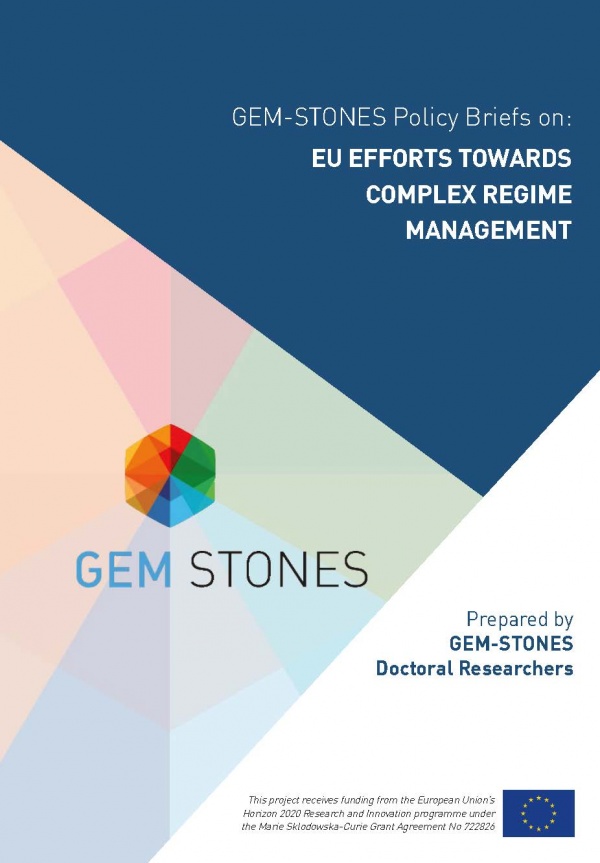How Do Domestic and Regional Actors Influence Democratic Reforms in the EU-Russia Neighbourhood? A Study of the Quality of Democracy in Armenia, Georgia and Moldova in the Context of Changing International Dynamics

GEM-STONES Policy Briefs. AGORA Forum, March 2020
Executive Summary
This research explains how the interaction between foreign and domestic policy domains takes place and how it influences domestic political change. For this purpose, the cases of Armenia, Georgia and Moldova are analysed with specific focus on the external influence of Russia and the European Union. The research argues that the EU and Russia have developed more flexible approaches in the relations with their neighbours. The EU seeks a more pragmatic geopolitically-informed approach in addition to its traditional role of normative actor. On the other hand, Russia adopts Western normative policies in support of its identity-based approach towards Russian-speaking communities and in addition to its traditional geopolitical use of regional interdependencies for influencing the international choices of the shared neighbours. In addition, domestic elite groups use these new opportunities to diversify their foreign policy relations.
![]()
This project receives funding from the European Union's Horizon 2020 research and innovation programme under the Marie Sklodowska-Curie Grant Agreement No 722826.
















